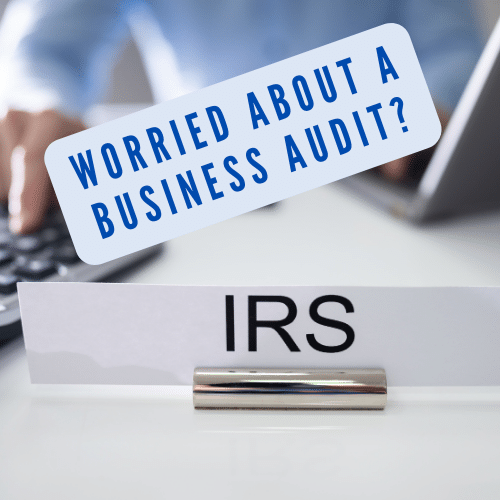
One of the top questions I receive is, “Will I be audited?” Working with a professional CPA firm can help you reduce some of your audit chances. Audits by the Internal Revenue Service in the United States don’t happen at random, and they aren’t evenly distributed across all taxpayers. The IRS uses a variety of methods to select which tax returns to audit, and this selection is influenced by factors like income levels, the type of income reported, the type of deductions claimed, and more. Here is a breakdown of common areas the IRS looks into:
IRS Audit Rates by Income Level
Audit rates tend to vary significantly by income level:
- Low-Income Taxpayers: Individuals with lower incomes generally have lower audit rates. However, those who claim the Earned Income Tax Credit (EITC), a benefit for working people with low to moderate income, may experience higher audit rates as this credit is subject to scrutiny.
- Middle-Income Taxpayers: Generally, taxpayers with moderate incomes have the lowest audit rates. Typically, those with incomes between $25,000 and $100,000 had an audit rate of well under 1%.
- High-Income Taxpayers: Audit rates increase as income rises. Taxpayers with incomes above $200,000 have a higher likelihood of being audited, and the rate increases further for those with incomes over $1 million. For example, individuals with incomes over $1 million had an audit rate of around 1.1% in 2020.
Other Factors Influencing Audits
- International Income: If you have income from outside the United States, you may also be more likely to be audited, as international transactions often draw more scrutiny from the IRS.
- Consistency in Filing: If your tax return has inconsistencies or differs significantly from previous years without clear reasons, it may trigger an audit.
- Type of Deductions: Claiming large deductions in relation to your income or claiming rare or unusual deductions can also raise red flags.
There have been some fluctuations in IRS audit rates in the United States in recent years. Please keep in mind that tax policies and enforcement change over time, and it’s crucial to consult your tax accountant at Safe Harbour. We can assist in giving you the latest information on IRS audits and do our best to help you avoid an audit. Make an appointment today to talk to Safe Harbour about your business taxes or visit us at safeharbouraccounting.com.






